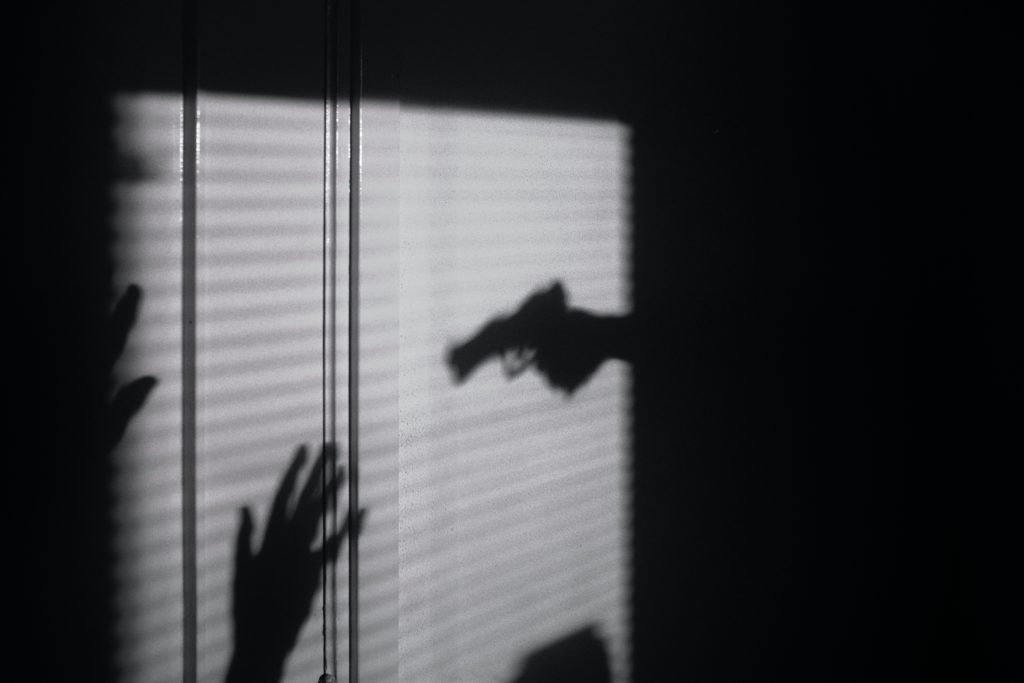
By Dr Adam Matthews
Senior Research Fellow, School of Education
In The Two Cultures and the Scientific Revolution, C.P. Snow made the case that science and the humanities were split into two cultures. Snow was well qualified to identify the gap between facts and fiction – he was a physical chemist and novelist.
This year, controversial TV drama The Reckoning will be aired on the BBC. The 4-part series tells the story of Jimmy Savile’s rise to celebrity and subsequent exposure as a serial paedophile. The series is written by Neil McKay, who has worked on similar factual drama projects, dealing with events such as the Moors Murderers and the four murders of Stephen Port. In these productions, McKay works in the field of true crime drama which as a term, looks to bridge Snow’s two cultures and blurs the line between fact and fiction.
McKay has dealt with serious and harrowing subjects in the past, but The Reckoning is arguably one of the most controversial subjects to tackle. Steve Coogan plays Savile over the period of 1960 to 2011 and has been at the centre of a controversy over whether media and drama should ‘go there’. Coogan has defended playing a celebrity who abused power to exploit youngsters, often while at the BBC, saying that the corporation are damned if they do and damned if they don’t. Such a project tests to the limit as well as the responsibility of the BBC’s Reithian founding public service broadcasting principles to entertain, educate and inform.
Dealing with sensitive and controversial issues has many similarities with researchers in the social sciences. The Reckoning has involved victims in the writing and production of the series and will also feature interviews with them. Social scientists have long interviewed research participants, and now there is a growing interest in moving away from interview and interpretation by the researcher to a more shared co-production model. This is a well-established approach in medicine where researchers, patients and practitioners co-produce and co-publish research and other outputs and communications.
The writer, McKay has described how consent and co-operation has been central to his treatment of such awful crimes. So, just as researchers go beyond interviews with participants, McKay has described how victims and their families work with the writer as well as actors such as Steve Coogan and Steven Merchant. The role of the media in communicating the experiences of such horrific crimes go beyond entertainment to integrate education and information. Media scholar Nick Couldry argues that media has a role in connecting, representing, imagining, sharing and governing which play key roles in participatory democracies and social justice.
Are we then bridging Snow’s two cultures of fact and fiction in true crime drama and creative co-productive research? In a political period that has been described as the three Ps of post-truth, polarisation and populism, does this help or hinder media, culture and academic research? Should we rely on pure, hard facts or the stories and narratives we tell each other to make sense of the world? Aristotle thought we should combine reasoned argument (logos), with appeals to the audience’s emotions and feelings (pathos) and the honesty and integrity of the writer (ethos).
Facts, feeling, and authenticity are key to true crime drama and creative social science research. I have been part of a project called Academics of Working Class Heritage Talking (AWCHT) which was an exploratory space to explore the concept of the working class academic – a potentially paradoxical term that is bound up with complex biographies, challenges and sensitivities. We explored our roots and routes (credit Stuart Hall for the homophone) into academia and the project culminated in the co-writing and production of comics which aimed to provide counter narratives to the stereotypical ‘plucky upwardly mobile hero’ or the ‘perpetual victim’. Co-production of the visual narrative comics was carried out as a group with an illustrator. The process began with sharing stories of diverse experiences through to creating interactive and traditional comic formats that aimed to convey complex and diverse experiences.
Just as Mckay describes a process of collaboration with his subject matter, a similar process was used in the AWCHT project. Plot and narrative had to be achieved within the confines of the comic structure with the aim of achieving an authentic voice. The writing was a collaborative exercise that resulted in composite characters and stories drawn from the group’s stories. An ongoing debate and consideration in such a composition of experience is authenticity as well as being able to tell a coherent story within the genre’s (in this case comic, in McKay’s case, TV drama) affordances and limitations – a key challenge for creative co-producing researchers and true crime drama writers.
A composite may be a tool to ensure anonymity, but it may also dilute and speak for someone with the possibility of misinterpretation. I have further developed the concept of the social science fiction story around my research into the idea of a university. Here, I take a theoretical concept and develop each element as a character in dialogue with the others.
Co-production and narrative have many benefits for research in its own right as well as dissemination and public engagement. This includes accessibility to a wider audience beyond the academic community. But just as the true crime writer has a responsibility to audiences and those involved in their object of study, so to, does the researcher. Such responsibility requires a navigation of facts and fiction and entertainment, education, and information.
- Find out more about Dr Adam Matthews
- Back to Social Sciences Birmingham
The views and opinions expressed in this article are those of the author and do not necessarily reflect the official policy or position of the University of Birmingham.
